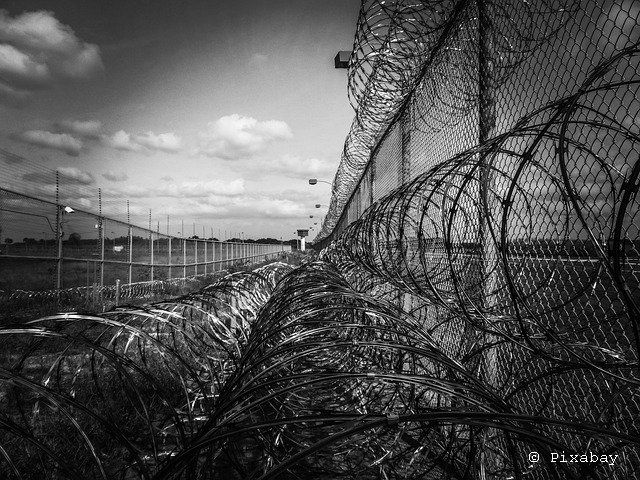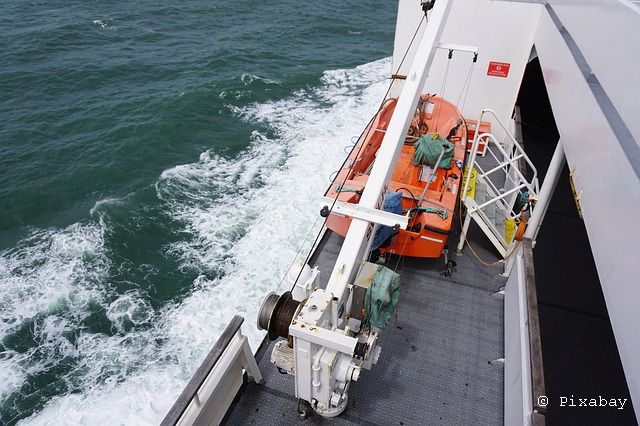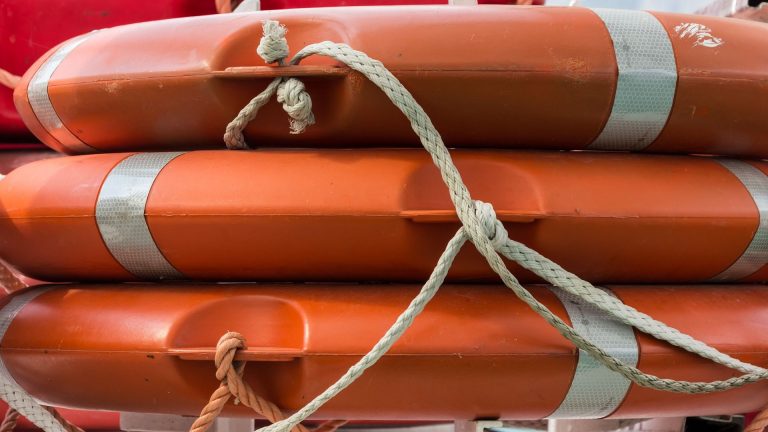Migration to Europe is a phenomenon which has dominated the public discourse for some time now. Carola Rackete, Matteo Salvini, or people in overcrowded boats seeking asylum are prominent the media headlines. However, the see route is not the only place where the Humanitarian Space is shrinking – there is a general shrinking of the Humanitarian Space in Europe. How can humanitarian actors work in a restrictive environment, in which saving lives is being criminalised? What perspectives and solutions exist?
On January, 29 2020, the Centre for Humanitarian Action (CHA), together with Groupe URD, organised an event on Migration and the Shrinking Humanitarian Space in Europe. The aim of the event was to bring together people from different organisations to discuss challenges of and potential solutions to shrinking humanitarian space in Europe. Among the participants there were representatives from local and international NGOs, the UN, think-tanks, academia, and activist circles.
Kristina Roepstorff, CHA project lead on Shrinking Humanitarian Space, discussed factors that shape the Humanitarian Space in Europe. The Humanitarian Space can be imagined as a complex political, military, and legal arena, in which various actors are struggling for access and legitimacy. Seeing it as a contested space helps to understand better the power relations between and the strategies of different actors. Currently, the Humanitarian Space in Europe is shrinking because of criminalisation of humanitarian actors as well as defamation campaigns and attacks against them.
The Humanitarian Space is a contested space, and a complex political, military and legal arena.
Kristina Roepstorff, CHA project lead on Shrinking Humanitarian Space
Valérie Léon, researcher at Groupe URD on migration and solidarity movements, pointed out that she had never imagined carrying out a field mission in her own country, France. According to Léon, using the term “humanitarian assistance” in the European context is still a taboo. The so-called invisible migrants are not assisted by the public authorities, and civil society organisations are oftentimes the only ones providing aid. The security discourses, as argued by Léon, are dominating the public sphere in the context of migration.
I never thought that I would carry out a field mission in my own country, in France.
Valérie Léon, researcher at Groupe URD
The discussion which followed revolved around the differences and similarities between different organisations working with migrants, humanitarian and human rights. Can/should humanitarian principles always be upheld? What is the current situation regarding the quality of different services ? The participants agreed that it is still difficult to speak about humanitarian assistance in Europe, and that new partnerships are needed in order to find collective answers.
The full report of this event can be downloaded here.
Article: 2018: Léon, Valérie, Solidarity and migratory flows (2018), Groupe URD
Publication: 2019: Roepstorff, Kristina, Migration and the Shrinking Humanitarian Space in Europe, Centre for Humanitarian Action
Shrinking Humanitarian Space is one of the three main projects undertaken by the Centre for Humanitarian Action (CHA). In this interview, the project lead Kristina Roepstorff explains how primarily the local actors are affected by the Shrinking Humanitarian Space.
Groupe URD (Urgence – Réhabilitation – Dévelopement) is an independent think-tank that specialises in analysing practices and developing policies for the humanitarian sector. Valérie Léon works there as researcher, evaluator, and trainer, and focuses on cross-cutting themes between relief and development. Before joining Groupe URD in 2012, she had worked for the ICRC in various contexts (in El Salvador, Kosovo, and Colombia, among others) as well as for Médecins du Monde in Paris.




